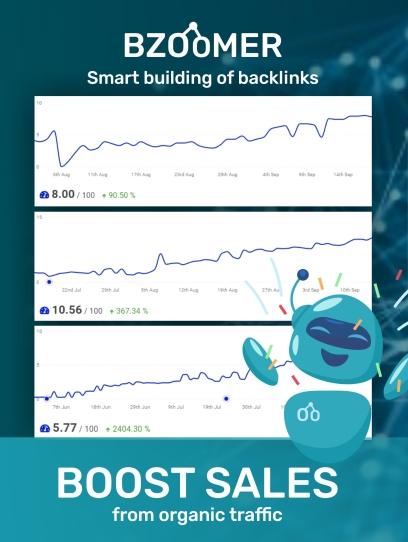Lakes are not just bodies of water; they are complex ecosystems that play crucial roles in supporting biodiversity, providing recreational opportunities, and even influencing local climates. However, without proper management, these vital resources can suffer from a myriad of problems, ranging from pollution to habitat destruction. In recent years, the importance of lake management has come to the forefront as communities and environmentalists alike recognize the need to safeguard these valuable natural assets.
One of the primary challenges facing lake management is the threat of pollution. Runoff from agricultural lands, urban areas, and industrial sites can introduce pollutants such as sediment, nutrients, and chemicals into lake ecosystems. These pollutants can degrade water quality, harm aquatic life, and disrupt the balance of the ecosystem. Effective lake management strategies aim to mitigate pollution through measures such as erosion control, nutrient management, and wastewater treatment.
Invasive species present another significant concern for lake managers. Non-native plants and animals can outcompete native species, disrupt food webs, and alter ecosystem dynamics. Zebra mussels, for example, have caused widespread damage to lakes in North America by filtering out plankton, which forms the base of the aquatic food chain. To combat invasive species, lake management efforts often involve early detection, rapid response protocols, and public education campaigns to prevent the spread of harmful species.
Climate change poses yet another challenge for lake management. Rising temperatures, altered precipitation patterns, and more frequent extreme weather events can exacerbate existing issues such as pollution and habitat loss. Additionally, climate change can lead to shifts in lake ecosystems, impacting the distribution of species and altering water quality. Adapting to these changes requires proactive management strategies, such as promoting resilience through habitat restoration, reducing greenhouse gas emissions, and incorporating climate projections into management plans.
Recreational activities can also impact lake ecosystems, particularly in heavily visited areas. Boating, fishing, swimming, and shoreline development can all contribute to habitat degradation, shoreline erosion, and water pollution. Sustainable recreation practices, such as designated fishing areas, low-impact boating techniques, and shoreline restoration projects, are essential components of effective lake management.
Community engagement and stakeholder collaboration are critical for successful lake management. Local residents, businesses, government agencies, and environmental organizations all have a stake in preserving and protecting lakes. By fostering partnerships and involving stakeholders in decision-making processes, lake managers can leverage local knowledge and resources to implement effective management strategies.
In conclusion, effective lake management is essential for preserving the ecological, recreational, and economic values of lakes. By addressing pollution, controlling invasive species, adapting to climate change, promoting sustainable recreation, and engaging stakeholders, lake managers can help ensure that these vital resources continue to thrive for generations to come.


